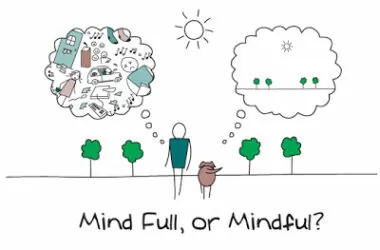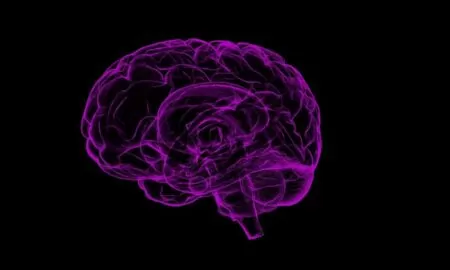The Southdowns Psychotherapy Blog
Unlocking Minds with Transactional Analysis Insights: Where Professional Guidance Meets Personal Growth

Making the most of your therapy
The therapeutic relationship is unlike any other relationship. The unique structure and premise of the therapist and client relationship is different to our other real world connections. It is therefore…

Your Mental Health During Lockdown
For the last few months, the majority of us have been living with new limitations. This has come with a wide range of complex challenges to our mental health. Freedom…

Information about Coronavirus Covid-19
No doubt, like myself, you may be following the news information that is continuously coming out about the spread of Coronavirus Covid-19. I understand that this is a primary concerning…

How Mindfulness Can Complement Your Psychotherapy
Mindfulness and Psychotherapy have a huge amount in common and when combined, the therapeutic benefits can be very powerful. So what exactly is Mindfulness and how can it help…

Understanding How Our Brain Impacts On Our Relationships
When considering your important relationships and thinking about what makes the good ones good and the bad ones bad there may be lots of things that come to mind. You…

Depression: Coping With The Desire To Hide Away
When we have depression, we sometimes feel like we want to run away from everything and everyone. The urge to get away and leave everything behind can seem like an…

What Is The Therapeutic Alliance and Why Is It So Important
The therapeutic alliance is the key to successful psychotherapy. It is the strength of the bond and connection that can be built between you and your therapist over time. Without…

Diagnosis vs. Person
As a therapist I see my role as someone who is there to listen to you as a person with a unique history and own story to tell. I believe…

Best Things To Say To Someone With Depression
We quite often come across lists of things to avoid saying to someone with depression but can we say to someone suffering? Our immediate inclination may be to want to…

How Can I Just Stop Worrying?!
There are so many things I worry about on a daily basis that it’s starting to affect things I do, places I go and I just can’t seem to stop…

World Mental Health Day – 10th October 2018
Today is World Mental Health Day and the focus for 2018 is young people and mental health in a changing world. Mental health, also known as emotional well-being, isn’t just…

Psychotherapy at Bluecoats Sports Club Horsham
Southdowns Psychotherapy is also now at Bluecoats Sports Club in Horsham I am pleased to announce a second location for Southdowns Psychotherapy. In addition to a base in Washington, I…
Ready to Make a Change? Book an Initial Consultation Today
If you have any questions at all about therapy or would like to make an appointment, get in touch. I will usually be able to respond to you within 24 hours.
